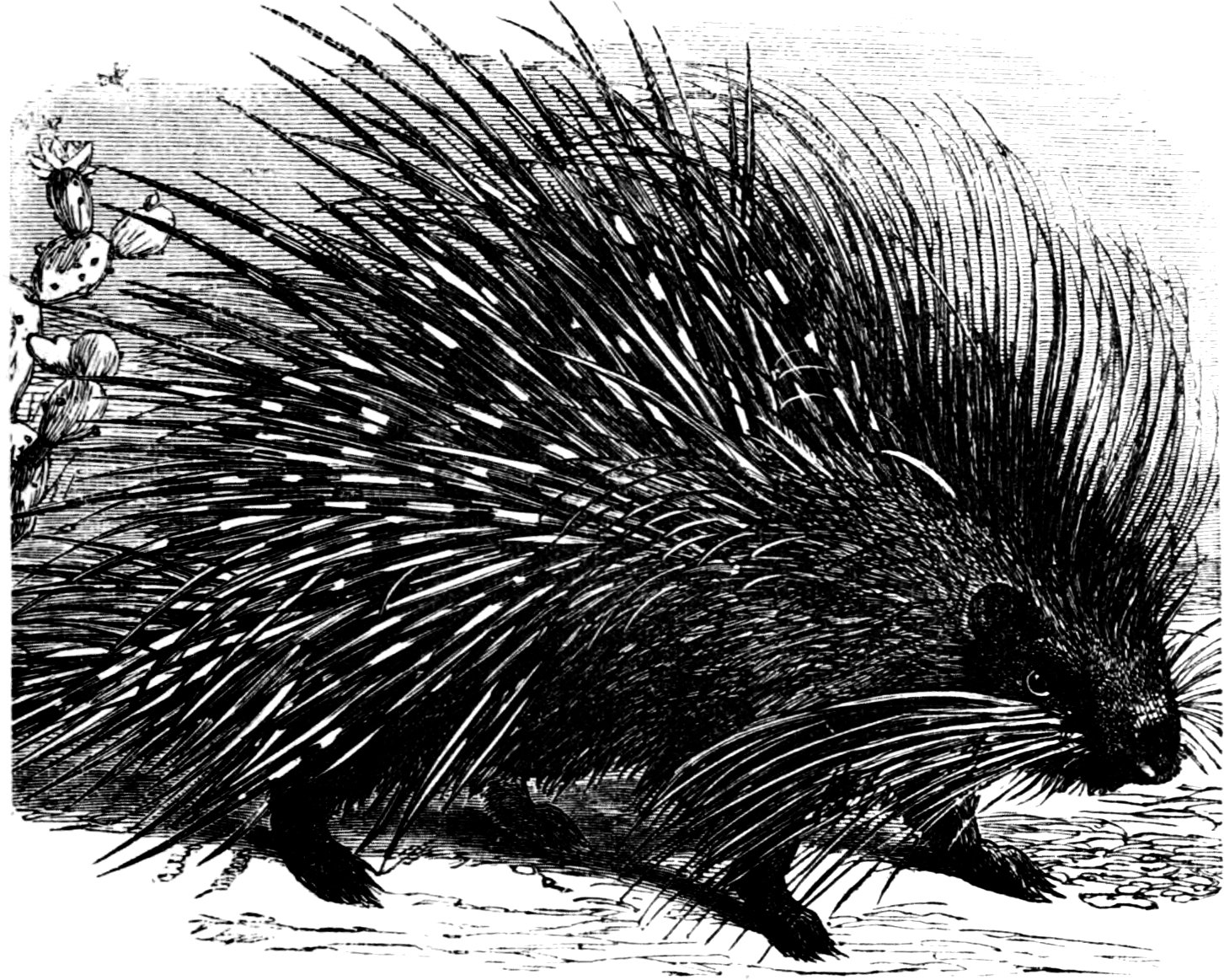Whether you think his language is “such stuff as dreams are made on” or not for the “faint-hearted,” it’s a “foregone conclusion” that Shakespeare has made a huge impact on the words and phrases we use every day.
Here are some of Shakespeare’s best-known words and phrases still in common use today, courtesy of The Independent and BBC America.
- “Addiction” — Othello
- “All of a sudden” — The Taming of the Shrew
- “All our yesterdays”— Macbeth
- “Arch-villain” — Timon of Athens
- “As good luck would have it” — The Merry Wives of Windsor
- “As merry as the day is long” — Much Ado About Nothing / King John
- “Assassination” — Macbeth
- “Bated breath” — The Merchant of Venice
- “Be-all and the end-all” — Macbeth
- “Bedazzled” — The Taming of the Shrew
- “Bloodstained” — Titus Andronicus
- “Brave new world” — The Tempest
- “Break the ice” — The Taming of the Shrew
- “Brevity is the soul of wit” — Hamlet
- “Catch a cold” — Cymbeline
- “Cold comfort” — The Taming of the Shrew / King John
- “Come what, come may” — Macbeth
- “Conscience does make cowards of us all” — Hamlet
- “Crack of doom” — Macbeth
- “Cry havoc and let slip the dogs of war” — Julius Caesar
- “Dead as a doornail” — Henry VI, Part II
- “Devil incarnate” — Titus Andronicus / Henry V
- “A dish fit for the gods” — Julius Caesar
- “Dishearten” — Henry V
- “Eaten me out of house and home” — Henry IV Part II
- “Epileptic” — King Lear
- “Eventful” — As You Like It
- “Faint hearted” — Henry VI Part I
- “Fancy-free” — A Midsummer Night’s Dream
- “Fashionable” — Troilus and Cressida
- “For goodness’ sake” — Henry VIII
- “Foregone conclusion” — Othello
- “Forever and a day” — As You Like It
- “Full circle” — King Lear
- “The game is afoot” — Henry IV Part I
- “Give the devil his due” — Henry IV Part I
- “Good riddance” — Troilus and Cressida
- “Grovel” — Henry IV
- “Heart of gold” — Henry V
- “Hoist with his own petard” — Hamlet
- “Hot-blooded” — King Lear
- “Ill wind which blows no man to good” — Henry IV Part II
- “In my heart of hearts” — Hamlet
- “In my mind’s eye” — Hamlet
- “In stitches” — Twelfth Night
- “Jaded” — King Henry VI
- “Jealousy is the green-eyed monster” — Othello
- “Kill with kindness” — The Taming of the Shrew
- “Knock knock! Who’s there?” — Macbeth
- “Laughable” — The Merchant of Venice
- “Laughing stock” — The Merry Wives of Windsor
- “Lie low” — Much Ado About Nothing
- “Live long day” — Julius Caesar
- “Lonely” — Coriolanus
- “Love is blind” — The Merchant of Venice
- “Manager” — A Midsummer Night’s Dream
- “Milk of human kindness” — Macbeth
- “More sinned against than sinning” — King Lear
- “Mum’s the word” — Henry VI, Part II
- “Negotiate” — Much Ado About Nothing
- “Neither a borrower nor a lender be” — Hamlet
- “Neither here nor there” — Othello
- “New-fangled” — Love’s Labour’s Lost
- “Not slept one wink” — Cymbeline
- “Obscene” — Love’s Labour’s Lost
- “One fell swoop” — Macbeth
- “Own flesh and blood” — Hamlet
- “Play fast and loose” — King John
- “Puking” — As You Like It
- “Rant” — Hamlet
- “Refuse to budge an inch” — Measure for Measure / The Taming of the Shrew
- “Salad days” — Antony and Cleopatra
- “Scuffle” — Antony and Cleopatra
- “Send packing” — Henry IV
- “Set my teeth on edge” — Henry IV Part I
- “The silliest stuff that ever I heard” — A Midsummer Night’s Dream
- “A sorry sight” — Macbeth
- “Spotless reputation” — Richard II
- “Such stuff as dreams are made on” — The Tempest
- “Swagger” — Henry V
- “There’s method in my madness” — Hamlet
- “Too much of a good thing” — As You Like It
- “Uncomfortable” — Romeo and Juliet
- “Unreal” — Macbeth
- “Vanish into thin air” — Othello
- “Wear my heart upon my sleeve” — Othello
- “What’s done is done” — Macbeth
- “Wild-goose chase” — Romeo and Juliet
- “With bated breath” — The Merchant of Venice
- “The world’s mine oyster” — The Merry Wives of Windsor
- “Zany” — Love’s Labour’s Lost
And if 90 words and phrases are not already “too much of a good thing,” check out these 422 words that Shakespeare invented.

